BIOTIN - ORAL
PHONETIC PRONUNCIATION: (BYE-oh-tin)
COMMON BRAND NAME(S): Cyto B7, Hard Nails, Meribin, VB7 Max
GENERIC NAME(S): biotin
Uses
USES: Biotin (vitamin B7) is used to prevent or treat low levels of vitamin B7 in people who do not get enough of the vitamin from their diets. Most people who eat a normal diet do not need extra vitamin B7. However, some conditions (such as pregnancy, parenteral nutrition, rapid weight loss) can cause low levels of vitamin B7.
How to use BIOTIN - ORAL
HOW TO USE: Take this medication by mouth as directed, usually once daily. Follow all directions on the product package. If your doctor has prescribed this product, take it as directed. If you are uncertain about any of the information, consult your doctor or pharmacist. If you are taking chewable tablets, chew the tablet well and swallow. If you are taking extended-release tablets, swallow them whole. Do not crush or chew extended-release tablets. Doing so can release all of the drug at once, increasing the risk of side effects. Also, do not split extended-release tablets unless they have a score line and your doctor or pharmacist tells you to do so. Swallow the whole or split tablet without crushing or chewing. If you are using the rapidly-dissolving tablet, allow the tablet to dissolve under the tongue and then swallow, with or without water. If you are using the liquid form of this medication, carefully measure the dose using a special measuring device/spoon. Do not use a household spoon because you may not get the correct dose. Some liquid products need to be shaken before each dose. If you are using the powder form of this medication, prepare the medication as directed by the product package. Take this vitamin regularly to get the most benefit from it. To help you remember, take it at the same time each day. If your condition lasts or gets worse, or if you think you may have a serious medical problem, get medical help right away.
Side Effects
Precautions
Interactions
Overdose
Images
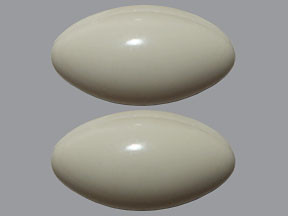
- color
- light beige
- shape
- oblong
- imprint
Reviews
Faq for BIOTIN - ORAL
Biotin is a B-vitamin that is also known as vitamin B7 or vitamin H. It is necessary for the metabolism of carbohydrates, fats, and proteins in the body.
Biotin is found in a variety of foods, including eggs, nuts, seeds, meats, fish, dairy products, and certain fruits and vegetables.
Biotin supplements are commonly taken to improve the strength and health of hair, skin, and nails. It may also support the metabolism, energy production, and brain functions.
The recommended daily intake of biotin for adults is 30 mcg (micrograms). However, higher doses of biotin, such as 5,000-10,000 mcg, are often taken for hair, skin, and nail benefits.
While biotin deficiency can lead to hair loss, there is limited evidence to suggest that taking biotin supplements can promote hair growth in individuals who are not deficient in the vitamin.
Biotin is believed to support the health of the skin, but more research is needed to determine its effectiveness in treating skin conditions such as acne or eczema.
Biotin is generally considered safe when taken in recommended doses. However, high doses of biotin may lead to digestive issues, skin rashes, or interference with certain lab tests.
Some research suggests that biotin may have a beneficial effect on blood sugar control in people with diabetes. However, further studies are needed to establish its effectiveness.
Biotin supplements can potentially interact with certain medications, including anticonvulsants, cholesterol-lowering drugs, and antibiotics. It is best to consult with a healthcare professional before starting biotin supplementation.
Oral biotin supplements are primarily used to promote healthy hair, skin, and nails. It can help strengthen brittle nails, improve hair health and growth, and enhance skin radiance. Biotin may also support healthy nerve function and aid in the maintenance of a healthy metabolism.
The recommended daily intake of biotin varies between individuals based on age, sex, and specific health conditions. In general, adults are advised to consume around 30-100 micrograms (mcg) of biotin per day. However, higher doses of biotin (up to 2,500 mcg or more) have been used in certain cases, such as for those with biotin deficiency.
Biotin is known to support the growth and maintenance of healthy hair. It helps strengthen the hair shaft, reduce hair breakage, and improve hair thickness. However, it is important to note that individual results may vary, and biotin alone may not be a cure for hair loss or promote significant hair regrowth in cases of severe hair loss.
Biotin is generally considered safe when taken orally in recommended doses. High doses of biotin (5,000 mcg or more) have been associated with occasional reports of mild side effects like acne breakouts, digestive upset, and skin rash. However, such side effects are rare and most people tolerate biotin supplementation well.
Some studies suggest that biotin might help improve blood sugar control in people with type 2 diabetes. Biotin supplementation may enhance insulin sensitivity and support glucose metabolism, leading to better glycemic control. However, more research is needed to establish a definitive link between biotin and diabetes management.
Disclaimer
IMPORTANT: HOW TO USE THIS INFORMATION: This is a summary and does NOT have all possible information about this product. This information does not assure that this product is safe, effective, or appropriate for you. This information is not individual medical advice and does not substitute for the advice of your health care professional. Always ask your health care professional for complete information about this product and your specific health needs.

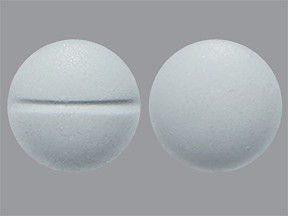
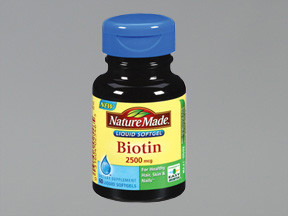
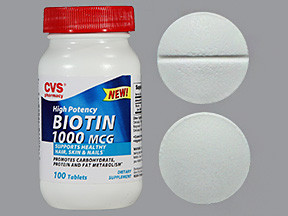
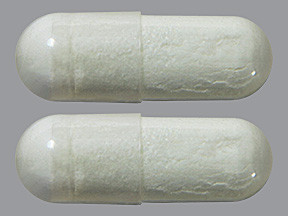
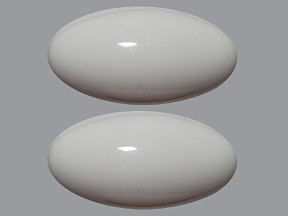
No Reviews Yet